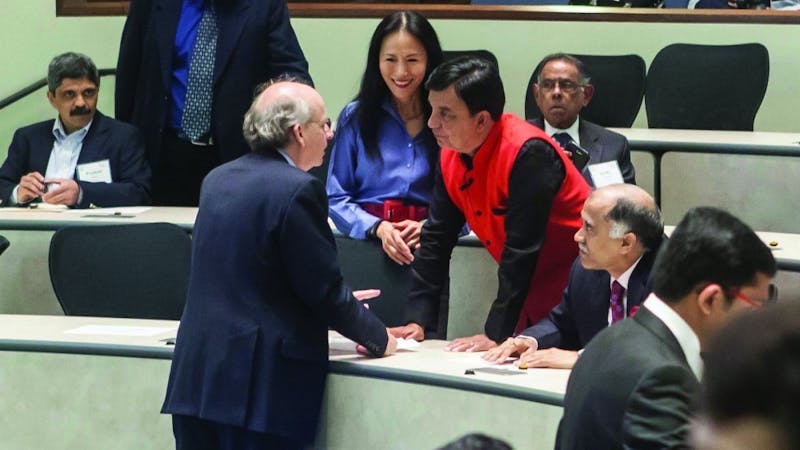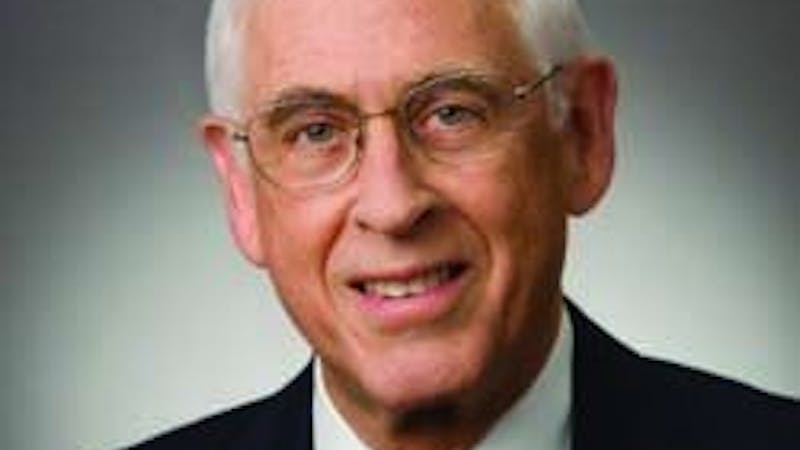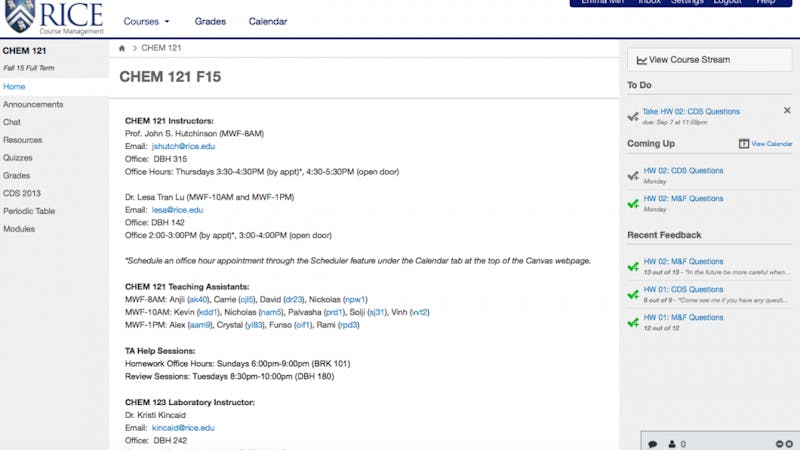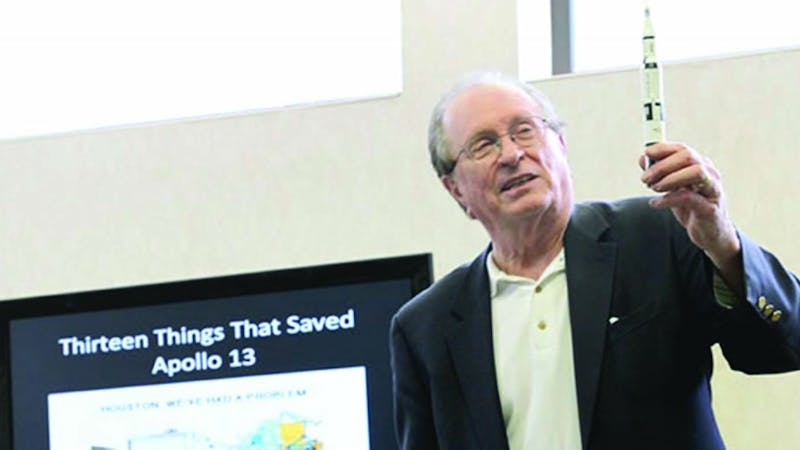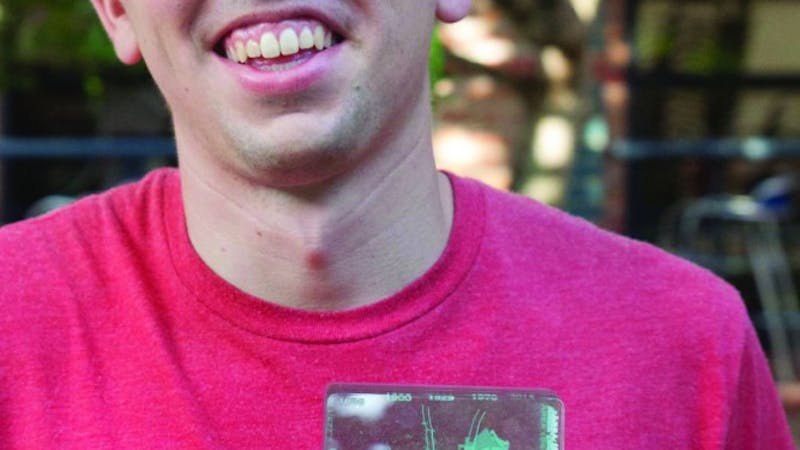NEWS
9/9/15 3:15pm
By Anita Alem
Student Judicial Programs released an updated version of the Code of Student Conduct to its website on Aug. 20. The majority of the changes to the Code, which was last updated in late January, removed redundancies and clarified language. According to Lovett College President Griffin Thomas, one major update to the definition of public disclosure of private information has led to some confusion over the legality of the Lovett Backpage, a publication with college government minutes and anonymous gossip regarding members of the college.The added section on public disclosure of private information explicitly prohibits official and quasi-official publications from publishing private information without a legitimate university interest. However, the Code does not specify what constitutes private information.“Examples of forums in which this type of violation can occur are: college government’s minutes, college social media sites, and publications of colleges, university-affiliated organizations, teams and clubs,” the Code reads. “Responsibility for any alleged violation may apply to the individual, the college, the organization, team or club, and/or the officers.”Thomas, a junior, said SJP Director Lisa Zollner and Associate Dean of Undergraduates Don Ostdiek contacted Lovett College in March to collect all copies of the Backpage that were on file for an investigation led by the general counsel’s office. “Past Lovett secretaries four or five years ago chose to highlight hookups on the Backpage, whereas the current secretaries choose to use the Backpage to share funny and often drunken shenanigans from the prior weekend,” Thomas said. “After Sid [Richardson College] was sued for the grotesque nature of their Backpage in the early 2000s, Lovett has chosen to keep a tighter rein on its Backpage.”According to Thomas, Lovett has had a few complaints about its Backpage in the past, but to his knowledge recent complaints have been resolved in a timely and ultimately satisfactory manner internal to the college. Thomas said the new Code won’t affect the Backpage because the current secretaries will not repeat mistakes from years prior. However, he said the secretaries and colleges in general are afraid to publish anything that may be seen as offensive because of the vague nature of the wording in the Code.“When pushed for clarification on the rules, SJP and Dean [of Undergraduates John] Hutchinson responded that they are purposefully vague in order to allow students to develop ‘good judgment,’” Thomas said. “However, when the resulting punishment is also undefined and could be anywhere from a warning to the rustication of college officers, then this uncertainty causes panic … In a process that is becoming increasingly more common, the administration decided to proceed in a unilateral manner without seeking student input and then was surprised when students responded negatively.”Lovett College Secretary Rahul Kothari, who works with junior Darcy Curtis, said the Backpage has changed since its inception years ago.“[Curtis] and I made it our goal this year to make the Backpage into something that brings the Lovett community together over comedy and satire, instead of tearing it apart by publishing people’s personal and private information,” Kothari, a junior, said. “I don’t think we’ll run into any problems with SJP’s new Student Code of Conduct.”The new version of the Code also clarifies college masters’ authority to rusticate their students, both socially and from the college. The masters may also ban members of another college from the location and activities of the master’s college. SJP may add further prohibitions or prescriptions to the student’s rustication parameters.“A Master’s Rustication does not prohibit investigation, charges or sanctions by SJP even if the investigation arises from the same behavior that gave rise to the Master’s Rustication,” the Code states. “In that case, if SJP finds the student ‘in violation’ of the Code, SJP may take the rustication or ban into consideration when determining appropriate sanctions.” Language in the document clarifies that SJP sanctions similar to those of rustication are not, semantically, rustications, as only masters may rusticate students. SJP sanctions similar to rustication are described as a disciplinary loss of privileges.Other changes include a new section regarding student rights within SJP proceedings intending to increase transparency, although all the rights listed were already valid and provided to students in the discipline process. The language under the Records section has been corrected to state that violations are not noted on transcripts, but are held on record for 10 years after graduation, not 10 years after the resolution of the incident.





